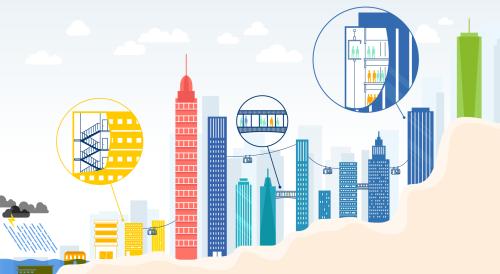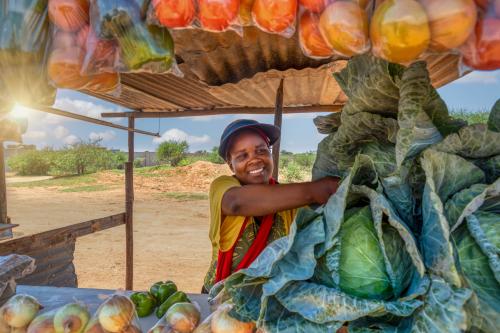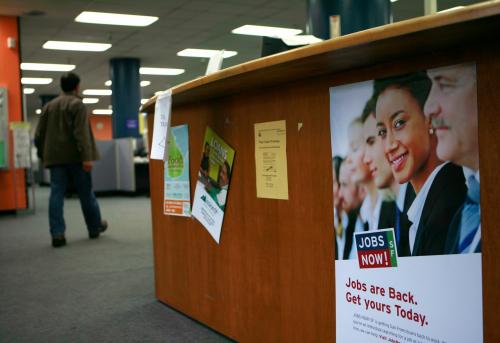On this 400th episode of the Brookings Cafeteria podcast, Marcela Escobari, a senior fellow in Global Economy and Development at Brookings, talks about her new report on how to tackle the worker mobility crisis in the U.S. economy. In the face of rising inequality, stagnating wages, a shrinking middle class, and now a global pandemic, many American workers are finding it difficult getting ahead. And today, millions of low-wage workers lack job security and benefits and face the threat of dislocation due to automation and other factors.
Also, in a new Sustainable Development Spotlight, Senior Fellow George Ingram shares his insights on why we need better data quality reporting to track donor funding that advances gender equality. Too often, Ingram says, women and girls are left out of the development process, leading to inequitable societies and less productive economies. Listen to this segment also on SoundCloud.
Follow Brookings podcasts here or on Apple Podcasts, send feedback email to BCP@Brookings.edu, and follow us and tweet us at @policypodcasts on Twitter.
The Brookings Cafeteria is part of the Brookings Podcast Network.
The Brookings Institution is committed to quality, independence, and impact.
We are supported by a diverse array of funders. In line with our values and policies, each Brookings publication represents the sole views of its author(s).







Commentary
PodcastWhy it’s harder for American workers to get ahead, and what we can do about it
August 13, 2021
Listen on
Brookings Cafeteria Podcast